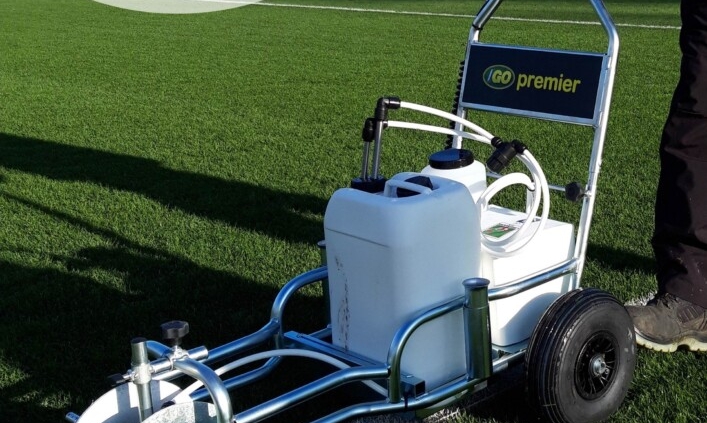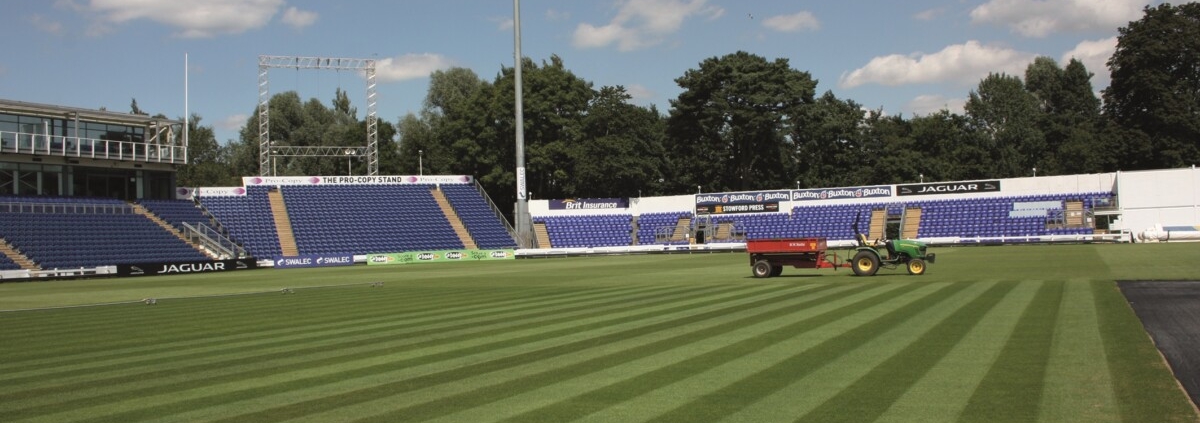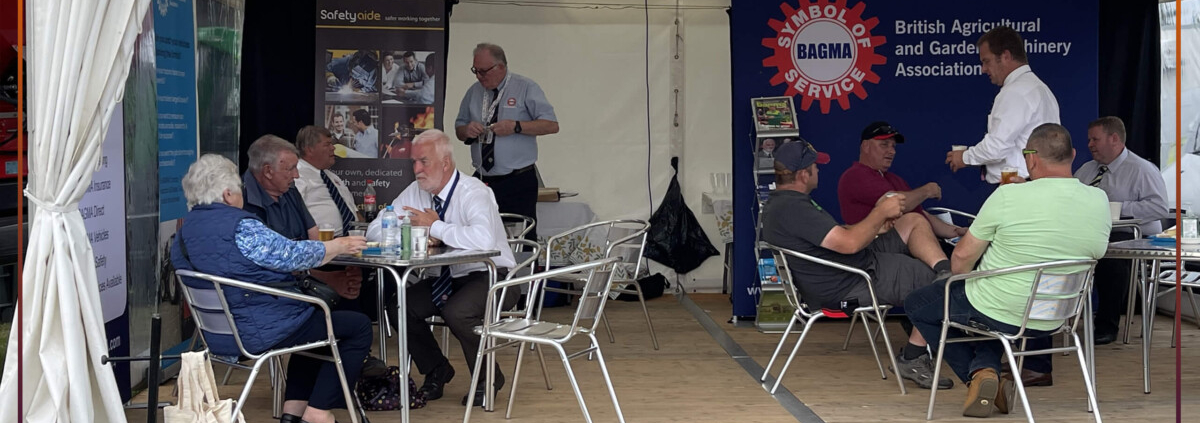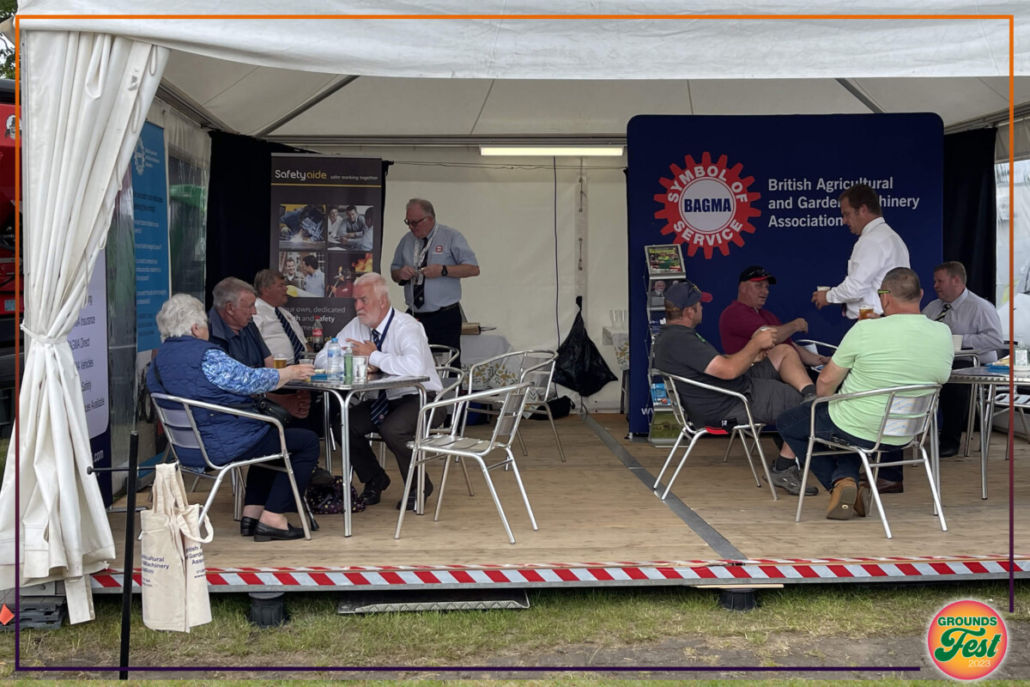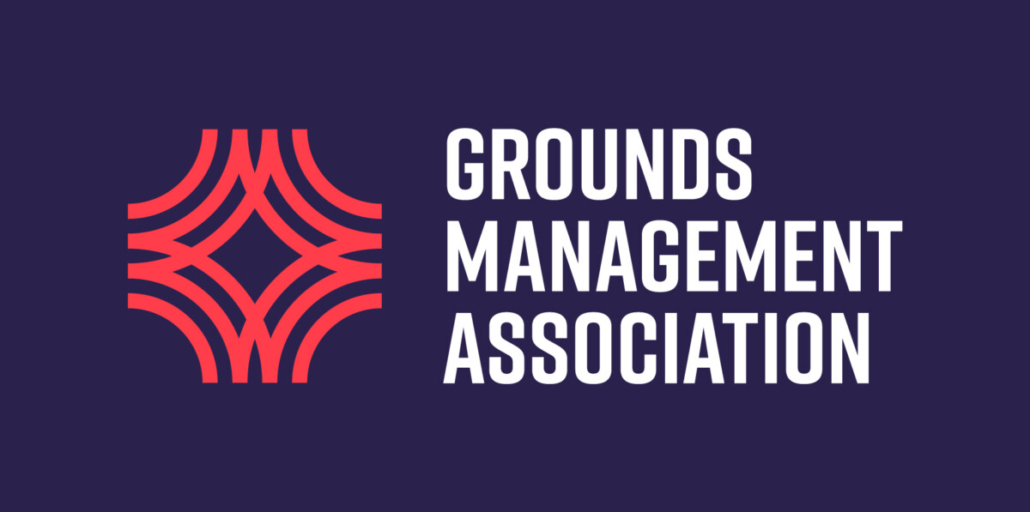OAS will be making their mark at GroundsFest 2023
OAS will be making their mark at GroundsFest 2023: Origin Amenity Solutions (OAS) will be exhibiting at the first ever GroundsFest with two stands. Their new branded trailer can be found in the outdoor arena on stand 250, whilst their indoor presence on stand 20 in hall 1 will be highlighting the wealth and breadth of the Origin Amenity Solutions brand.
In an exciting strategic development for OAS, the company will be launching their new Line Marking division at GroundsFest. With an enhanced team of line marking specialists, they are positioned to provide the most comprehensive line marking product and support offering in the UK. The team will be on site with a range of line marking machines, from pedestrian spray markers to the latest technology in GPS guided robot line markers; alongside its industry-leading line marking IMPACT ready to use paint range.

OAS will be making their mark at GroundsFest 2023
Well known for their commitment to educating the industry, Chemicals & Digital Technical Manager Peter Corbett will be presenting at 2pm on day 1 in Theatre 2 about the changing face of Chemicals and the effect this will have on the industry. Whilst OAS Research & Development Director Geoff Fenn will discuss Microdochium Disease management and winter fertiliser recovery in Theatre 1 on day 2 at 11am.Continuing on the education theme, OAS will be working with Grounds Training to support them with their line marking interactive training sessions. Grounds Training deliver independently accredited training courses across the UK. OAS will be supplying line marking machinery, paint, and accessories for participants to ‘have a go’ at their training sessions with an Introduction to Sports Line Marking (Winter Games) on day 1 and an Introduction to Sports Line Marking (Athletics) on day 2.
The company has announced it will have a number of special show offers, as well as a competition to give away a free iGO Premier pedestrian line marker and two 10 litre drums of IMPACT paint – a fantastic prize and one that is sure to keep the stands busy.
OAS Portfolio Director Jayne Leyland comments, “It’s a really exciting time for OAS. The transformation within the business following the merging of four individual brands has been fantastic to see. Behind the scenes we are making a lot of strategic changes which will bring significant benefits to our customers. The launch of a dedicated line marking division is hugely exciting. We will have the largest choice of line marking equipment, paints and accessories and the biggest sales and support team in the UK. I am incredibly proud to be able to offer this service to the industry.”
For the latest industry news visit turfmatters.co.uk/news
Get all of the big headlines, pictures, opinions and videos on stories that matter to you.
Follow us on Twitter and Instagram for fun, fresh and engaging content.
You can also find us on Facebook for more of your must-see news, features, videos and pictures from Turf Matters.

